Empress Dowager Tu Hy likes to put chrysanthemum petals into hot pot, do eunuchs and maids enjoy the Emperor's leftovers?
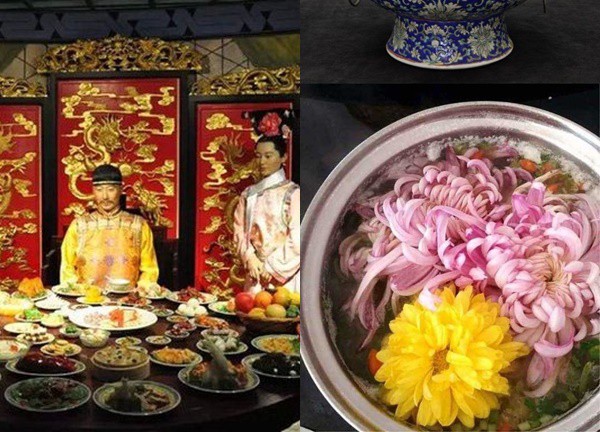
3 | 0 Discuss | Share
Qin Shi Huang was the first Emperor in China's feudal history. He is also known by the name "Anh Chinh", which can be said to be the most cruel king in the country of billions of people.
Qin Shi Huang (real name Doanh Chinh) is one of the most famous emperors in Chinese feudal history. His greatest achievement was destroying 6 vassal states and uniting China in 221 BC.
As the first emperor of unified China, Qin Shi Huang brought the Doanh family into the most powerful family at that time. However, after his death, the Doanh family gradually declined. To date, this noble family no longer exists. Their disappearance from history became a great mystery that made the public curious and confused.
From here, researchers and historical experts have searched historical documents and records to find the solution that caused the Doanh family to disappear. According to Sima Qian's "History", Qin Shi Huang had a total of 33 children, including 20 sons and 13 daughters. Among these, his two most famous children are his eldest son - Crown Prince Phu To and his youngest son - 18th Prince Ho Hoi.
After Qin Shi Huang's death, Ho Hoi is said to have planned with prime minister Ly Tu and eunuch Trieu Cao to usurp the throne by forging the throne decree as well as forcing crown prince Phu To to resign himself. life.
Thanks to that, the 18th prince smoothly ascended the throne and became Qin Nhi The - the new King of Qin. Even though he was sitting on the throne, Ho Hoi was still afraid that his other brothers would overthrow him from the throne. Therefore, the new king ordered the "disappearance" of more than 20 brothers and sisters and their families.
Before Tan Nhi The's bloody purge took place, many people in the Doanh family had to flee the capital Ham Duong and change their names to save their lives.
In 207 BC, Tay So Ba Vuong Xiang Vu led his army into Ham Duong with great momentum, overthrew the Qin Dynasty and attacked Tan Tu Anh - Ho Hoi's son as well as many other descendants of Qin Shi Huang. .
After this change of dynasty, the Doanh family's descendants were almost completely exterminated. The lucky ones who escaped were all because they changed their names and did not dare to use the last name Doanh to avoid being killed. Therefore, to this day, no one claims to be a descendant of Qin Shi Huang.
Most modern Chinese reference sources take Doanh Chinh as the personal name of Qin Shi Huang, with Doanh as the family name and Chinh as the first name. However, ancient China had different names than modern times. In his case, because he was born in the state of Zhao, Zhao could be used as his surname.
According to "Historical Records" Sima Qian, he was introduced by the name Chinh, surnamed Trieu. However, later on, China took the surname of its ancestors, so Doanh Chinh is the name agreed upon by the majority when mentioning Qin Shi Huang's personal name, because he is a descendant of the Doanh dynasty, the common family name of the kings. Qin.
It is known that the Doanh family is one of the noble families and belongs to the 8 largest families in ancient China. But nowadays, the Doanh family is truly extremely rare, almost "disappearing without a trace". Many people ask why the first Emperor's surname has become so rare in modern times?
According to historical data, after the Qin Han Dynasty, Qin Shi Huang's descendants almost escaped the pursuit of the following dynasty. The Doanh family also began to be widely used and became a normal family name in society. But up to now, the number of people with the surname Doanh in China is less than 10,000.
First, we must mention Tan Nhi The Ho Hoi - the heir to the throne of Qin Shi Huang. With a weak nature, Ho Hoi cannot hold the throne for long. The troops of the Qin Dynasty were quickly captured in the hands of Trieu Cao.
What makes people even more surprised is that Trieu Cao forced Tan Nhi The to take action against his brother, Crown Prince Phu To, and did not even spare Qin Shi Huang's descendants, regardless of male or female. Therefore, the Doanh royal family that existed for hundreds of years has been greatly reduced.
Some experts believe that Qin Shi Huang's descendants have continued to exist until now and developed into other surnames, including: Tan, Doanh, Ngan, and Dan. In "Hundreds of Families" (China's first family statistics book), these 4 family names are extremely small in scale, but all have nearly the same pronunciation.
Based on this basis, experts can research the origins of the above 4 families. Accordingly, people with these four surnames may be descendants of Qin Shi Huang's two sons, Phu To and Ho Hoi. Although the Qin Dynasty recorded many traces in history, records about the family of this first Emperor of China are extremely rare.
Some opinions say that in order to commemorate Qin Shi Huang and avoid being hunted by enemies, descendants changed their surnames to other surnames with similar pronunciation. However, this hypothesis has no historical evidence to prove it.
Although it is still impossible to determine Qin Shi Huang's descendants, posterity will remember the image of the first Emperor in history who unified the world, infamous for his cruelty but still unable to deny his achievements. illustrious.
No emperor in Chinese history has ruled without making mistakes. Qin Shi Huang is also one of them. He had great contributions in ending the sand war of the Spring and Autumn - Warring States period that lasted hundreds of years, unifying China in many aspects. But Qin Shi Huang's tyranny and lack of insight were the direct cause that pushed the Qin royal family onto the path of extinction.
Various types of birthday celebrations of the Ancient Chinese Emperor: 1 gift that everyone likes! 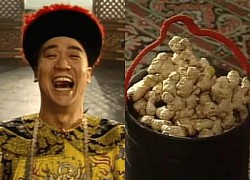 Đình Như18:17:52 03/12/2023The emperor was the most powerful person in ancient times, having in the hands of the whole world. So, birthday parties are also very fussy. However, before the Wei, Jin, Southern and Northern dynasties, people did not celebrate birthdays.
Đình Như18:17:52 03/12/2023The emperor was the most powerful person in ancient times, having in the hands of the whole world. So, birthday parties are also very fussy. However, before the Wei, Jin, Southern and Northern dynasties, people did not celebrate birthdays.

3 | 0 Discuss | Share

4 | 0 Discuss | Share
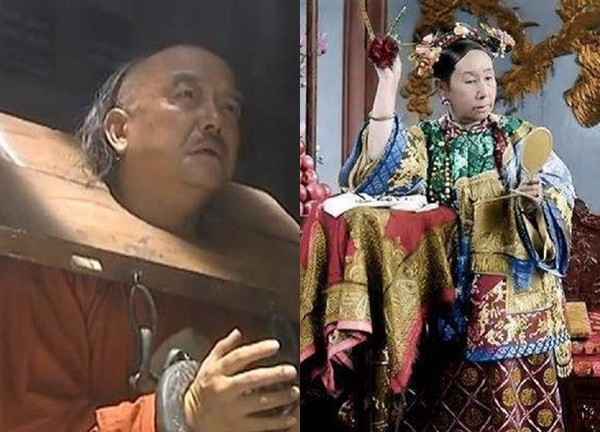
3 | 0 Discuss | Share
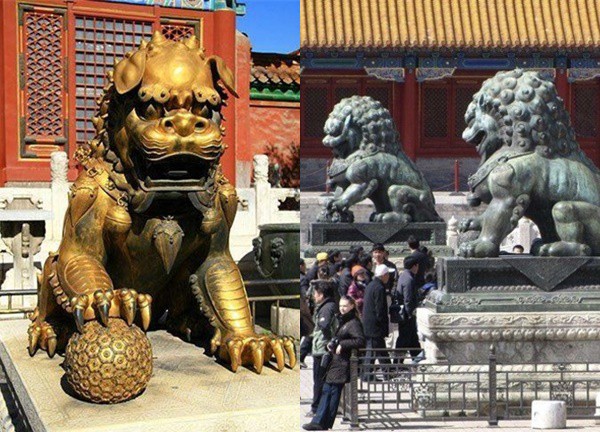
3 | 0 Discuss | Share
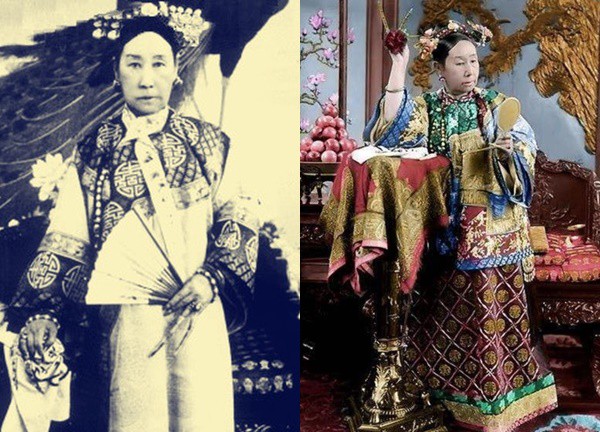
3 | 0 Discuss | Share

5 | 0 Discuss | Share
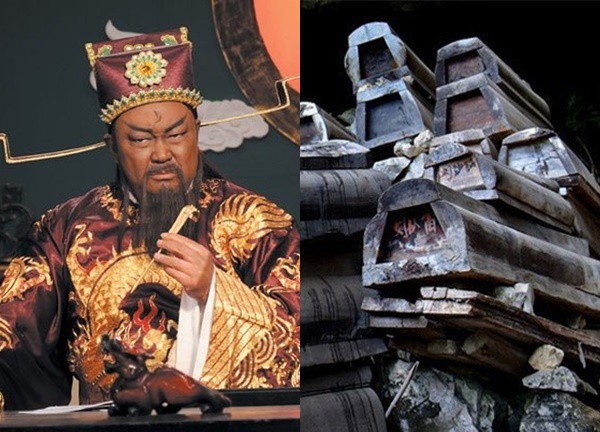
3 | 0 Discuss | Share
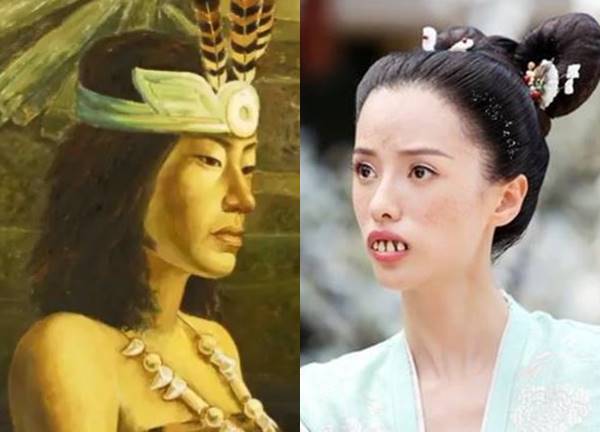
5 | 0 Discuss | Share
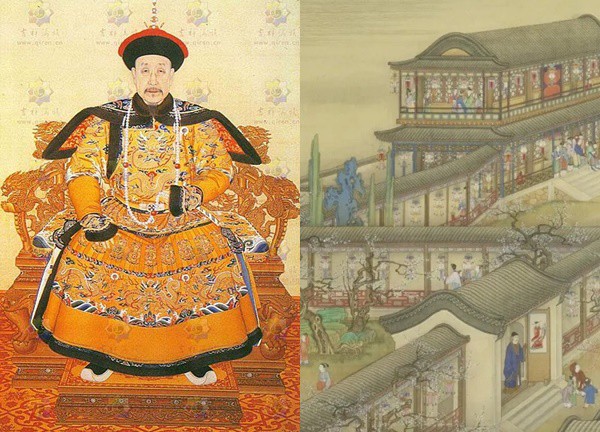
3 | 0 Discuss | Share
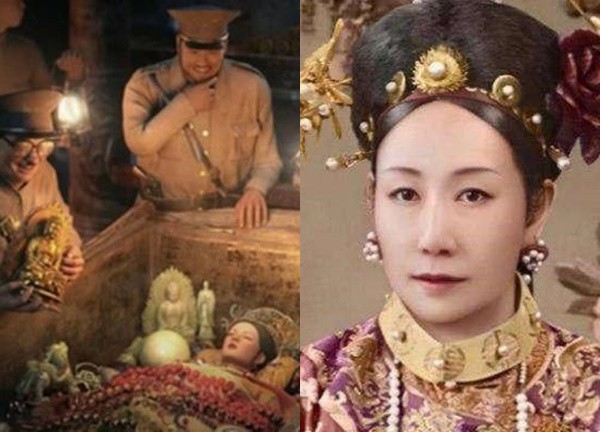
4 | 0 Discuss | Share
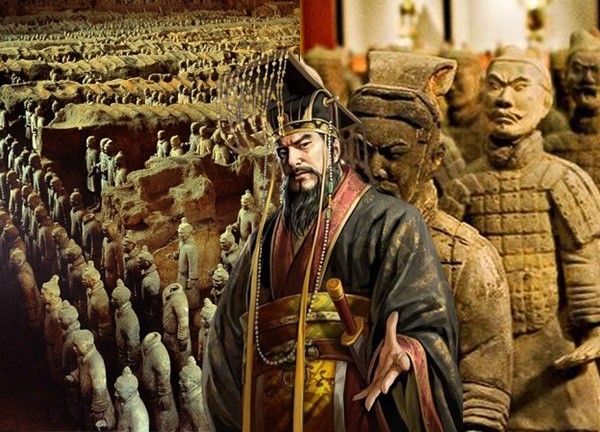
4 | 0 Discuss | Share
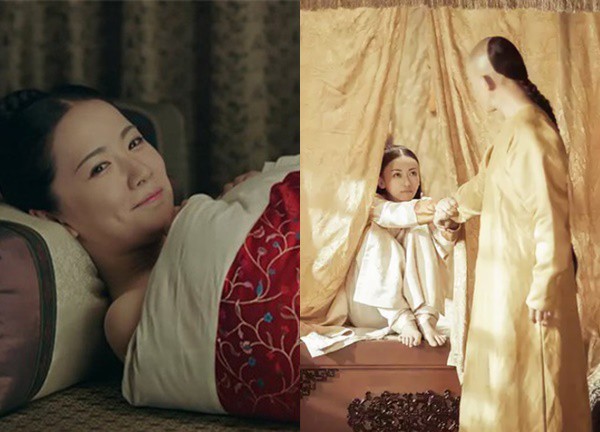
3 | 0 Discuss | Share










1 | 1 Discuss | Report